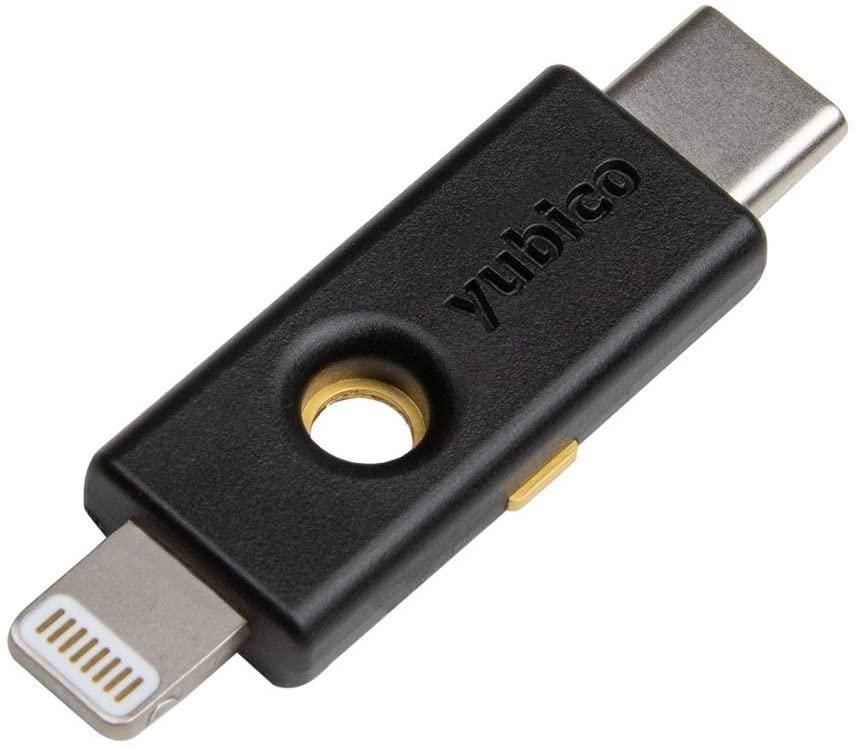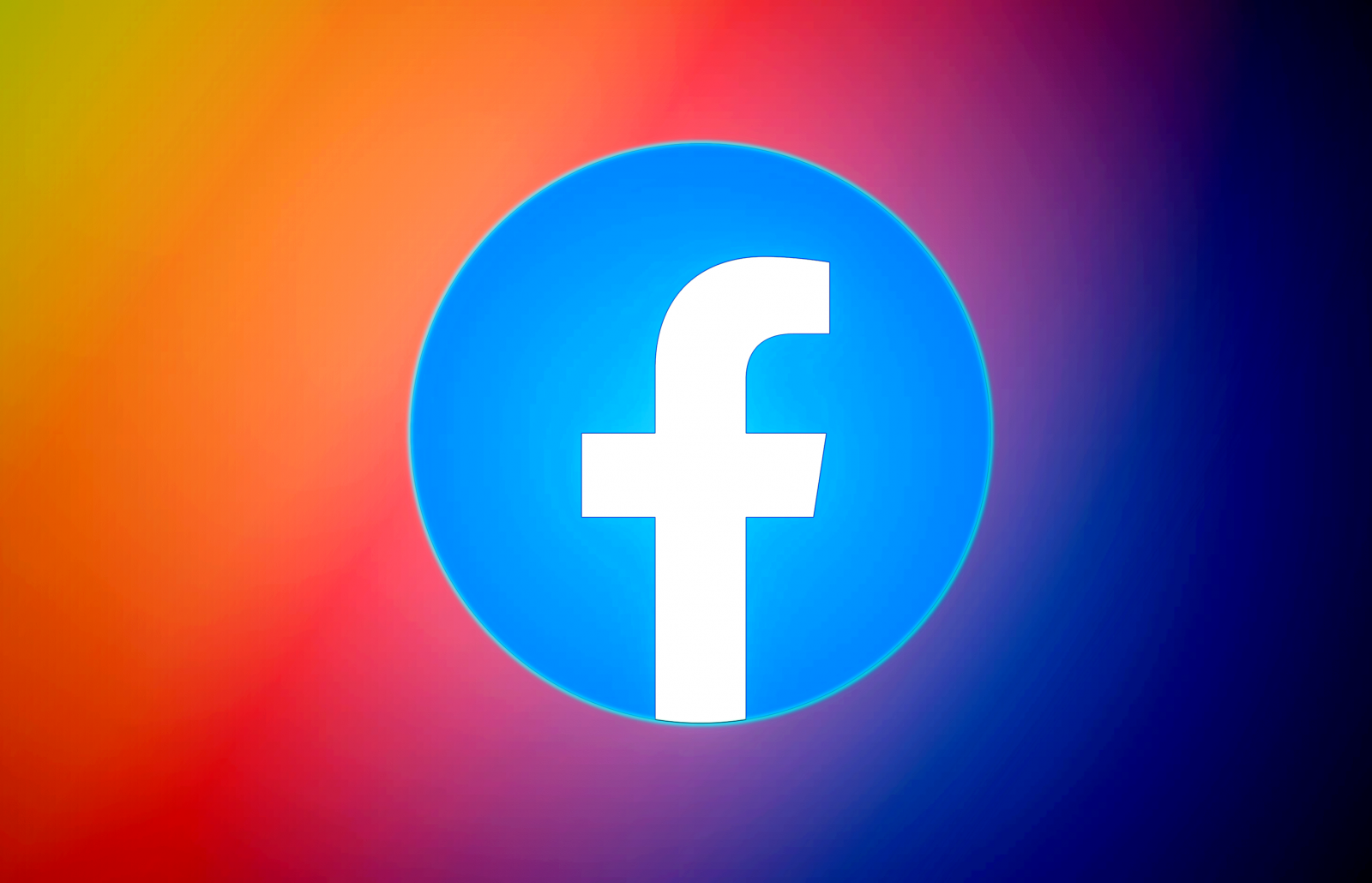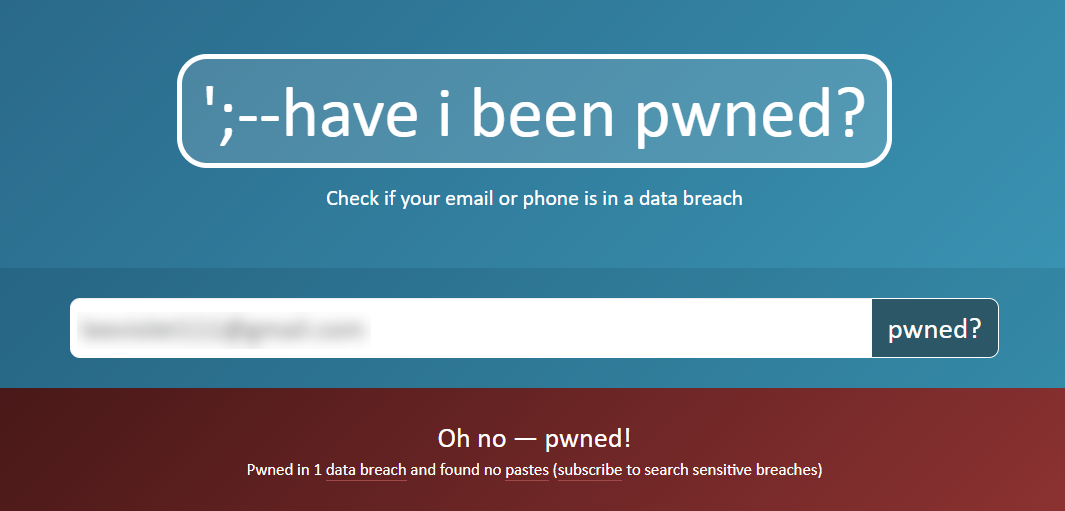It often happens on social media that people fall for a satire piece and think of it as real news. And no, I’m not just talking about a silly April Fool’s prank here. Similarly, fan content can be mistaken for the real deal, or a regular bloke’s words might be confused for a statement from a high-ranking official. To put an end to this context-specific confusion and potentially curb the spread of misinformation that often stems from misinterpreting content, Facebook is going to add context labels to Pages.
What Facebook is doing?
Facebook is starting to add three types of labels to Pages – ‘fan page’, ‘satire page’, and ‘public official’ to make things clear before you jump into reading or watching the whole thing. Facebook says it is adding these contextual labels so that ‘people can better understand who they’re coming from.’ The move is actually worth appreciating and might yield positive results.
Starting today in the US, we’re testing a way to give people more context about the Pages they see. We’ll gradually start applying labels including ‘public official,’ ‘fan page’ or ‘satire page’ to posts in News Feed, so people can better understand who they’re coming from. pic.twitter.com/Bloc3b2ycb
— Facebook Newsroom (@fbnewsroom) April 7, 2021
What Facebook SHOULD be doing?
But labeling has not always been the best solution. For example, the company said last year that it will label posts from politicians if they violate policies, but won’t remove them because they’re newsworthy. Yeah, try to wrap your head around that. But Facebook has another problem at its hands that it needs to address first – a huge data scraping operation that leaked account details of over half a billion Facebook users.
My email address was leaked, even though I haven’t used Facebook in a while.
When the story broke earlier this week, Facebook was quick to respond with a lengthy post, claiming that the data was scraped from its platform back in 2019 using the contact importer. However, the loophole was patched back in 2019. But the bigger problem is that the user data – which includes email addresses, phone numbers, date of birth – could still be relevant, and exploited for all sorts of troubles such as phishing and launching targeted social engineering attacks.
But instead of notifying users that were affected by the leak, Facebook has chosen to keep mum. A spokesperson for the social media giant told Reuters that ‘the company was not confident it had full visibility on which users would need to be notified.’ The spokesperson further added that since the data was publicly available and affected users can do nothing to fix what had happened, it has chosen to not notify them.
What should a Facebook user do?
Facebook’s stance is disappointing and downright unacceptable, especially for a platform that makes billions of dollars in ads by tracking them and their online activities. But there’s a high chance that your Facebook account data might have been compromised too. Heck, I haven;’t shared a single post from my Facebook account in a long while, yet, the email address linked to it was in the leaked database.
We have outlined steps on how you can check if your Facebook account details were leaked as well, and the steps you should take to strengthen the security of your social media profile. A few core steps would be to update your phone number (or remove it), enable two-factor authentication, use a strong password, and if possible, try a physical security key.

Yubico YubiKey 5Ci
Yubico YubiKey 5Ci security key that has both a USB Type-C and a lightning port, which means you can use it with both Android devices as well as iPhones. It offers multi-protocol support (FIDO2, FIDO U2F, Yubico OTP, OATH-TOTP, OATH-HOTP, etc.) and works on mobile devices as well as PC and Macs.


